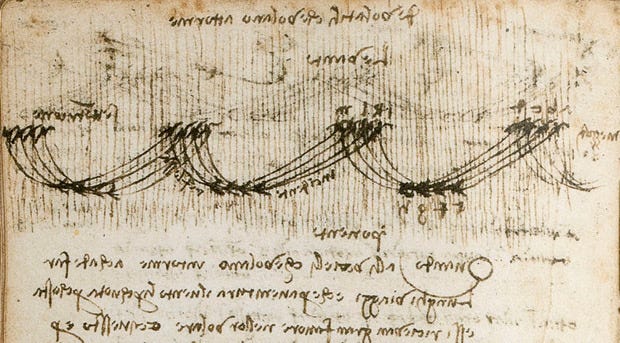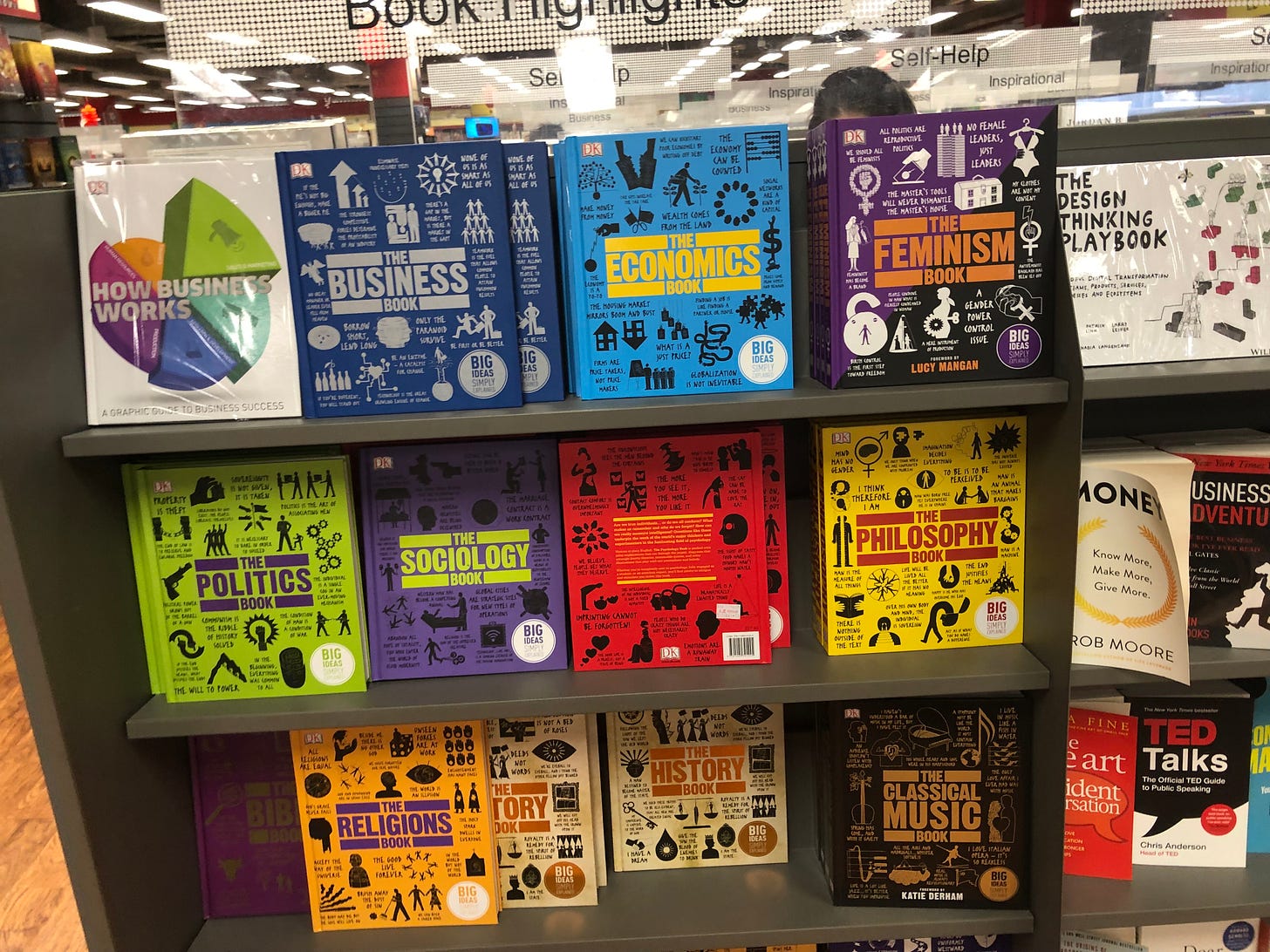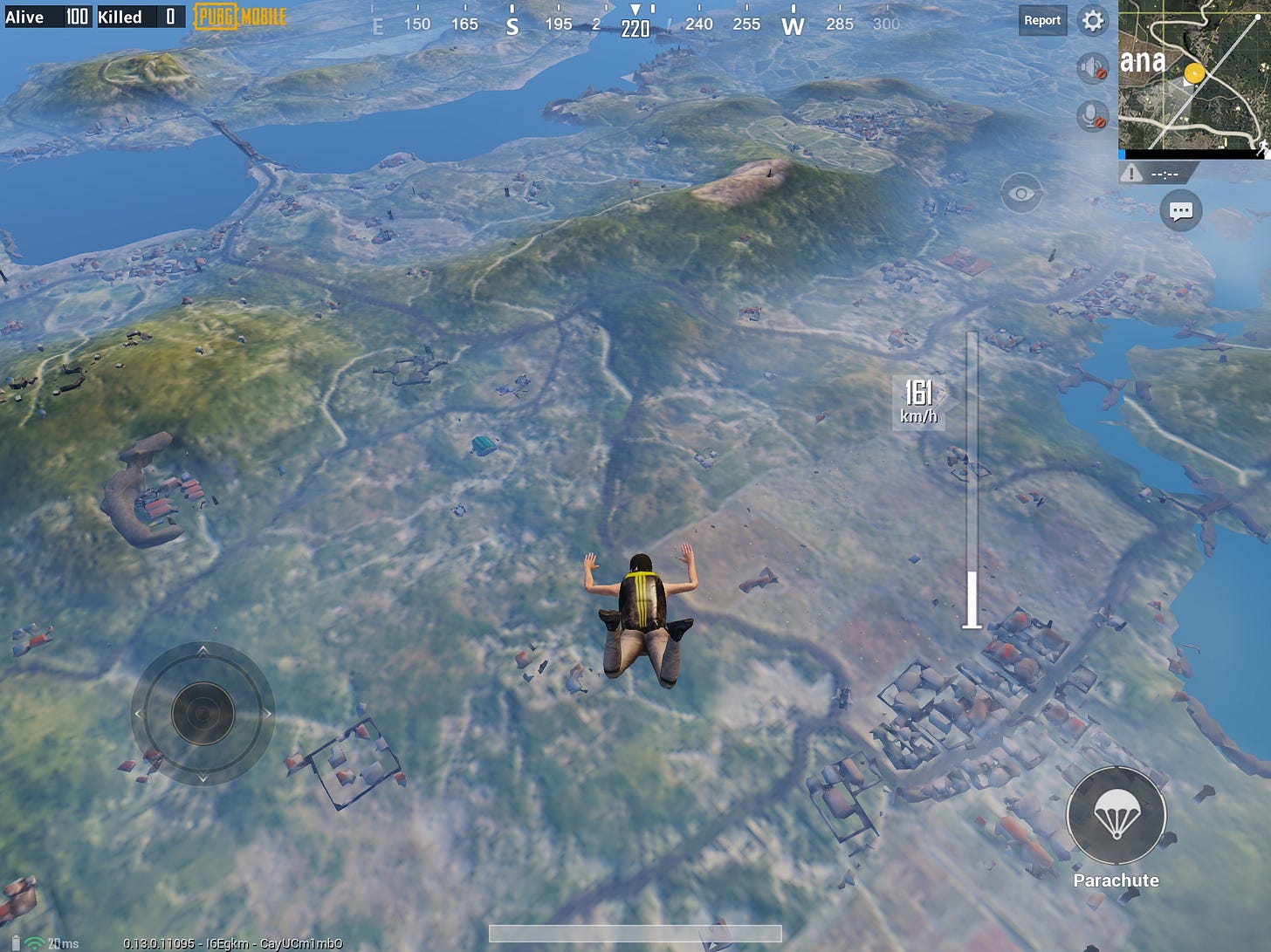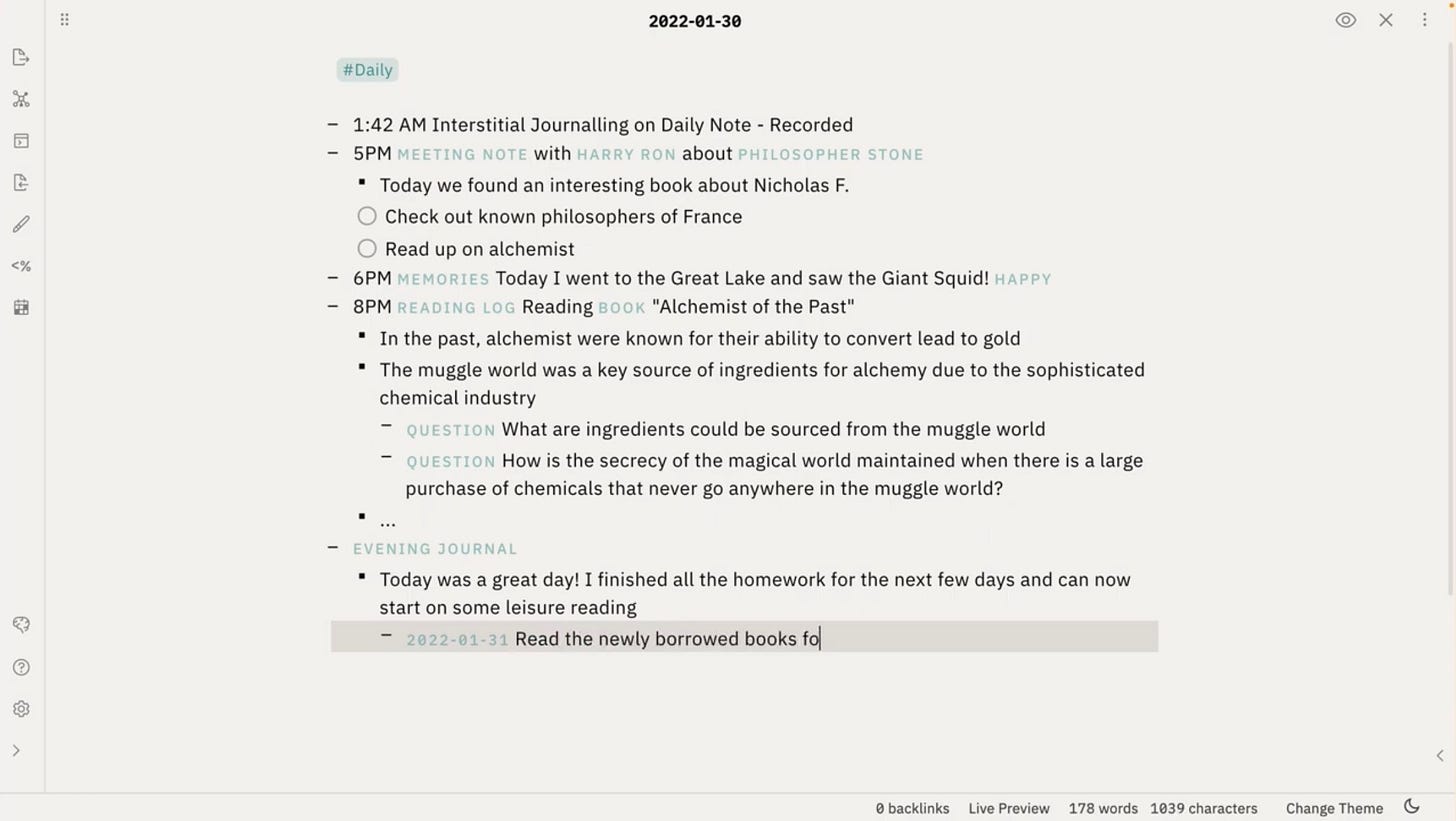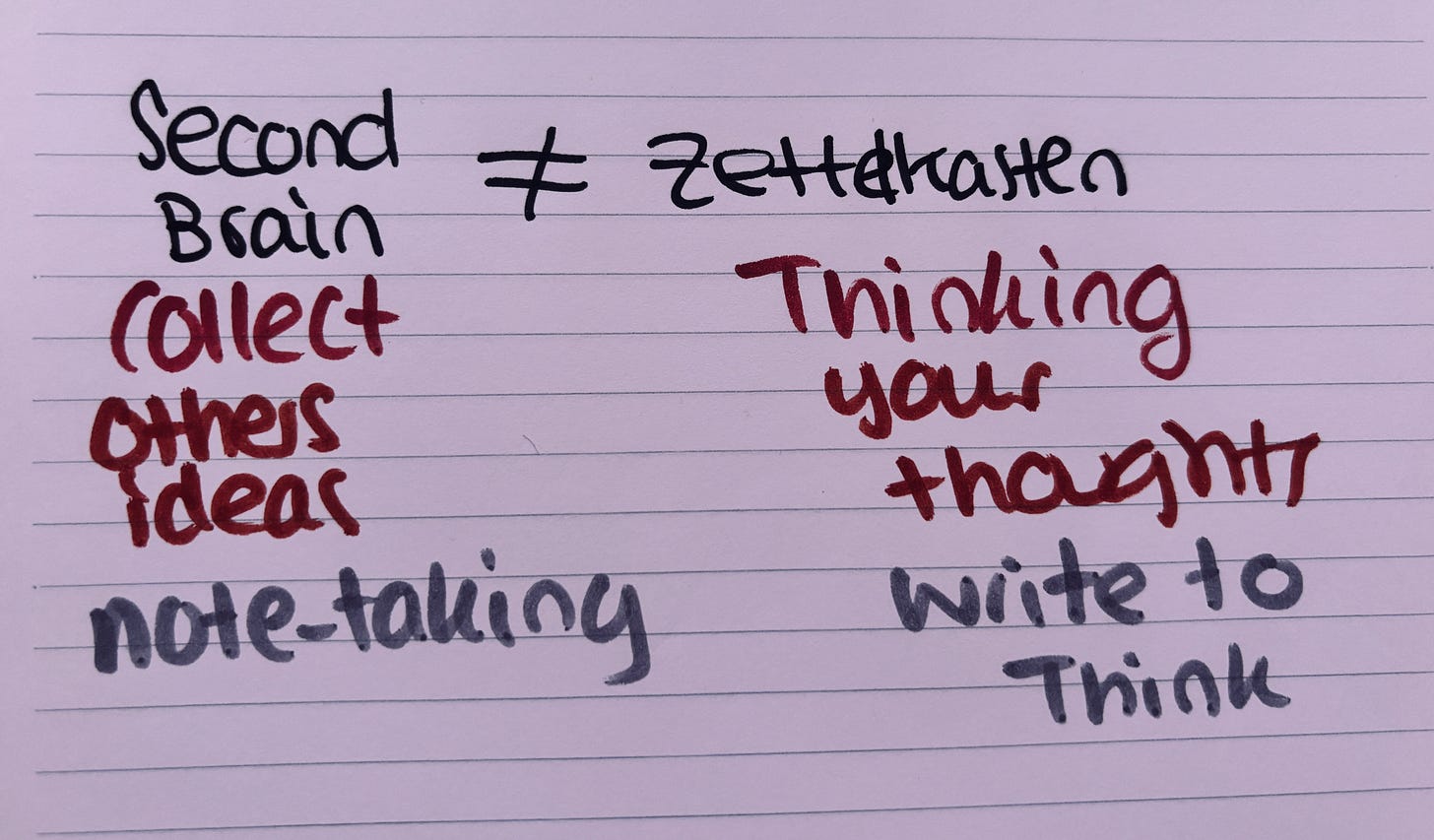Because Thinking is Not Dead
Thesis
The rise of AI has demotivated skill-learning and note-taking.
It does change things. Some activities have been devalued, but some cannot be outsourced to AI.
Leonardo Da Vinci used to spend hours watching birds, before going back to take extensive notes on what he had observed.
Note-taking is not just about ‘having notes’. This is as a process to understand the world around us, and internalise knowledge into our brains. To make sense of what we see, and sense-making cannot be done for us.
Note-taking can start as a way to capture ideas, but if you only hoard these shallow notes, you fall into the collector’s fallacy.
There is so much more to the Zettelkasten that being a library of ideas. It should be a web of your opinions.
Even if those thousands of notes were deleted today, the effects that thinking in a Zettelkasten brings to you should still remain. Let me explain.
How have things changed
When I started university that was so much optimism about more jobs in tech and coding was the most valuable skill that you could learn. That was the promise, Iwhen I started my computer science degree. These skills would be important for my future so naturally I put in effort to study even outside of my coursework. I went to hackathons (won one). I looked at Harvard CS50 course (highly recommended).
This drive to improve myself for a better future lead me to do other things like reading books about philosophy, do yoga in the morning and participate in so many uni CCAs.
Action = Motivation. Doing anything generates this momentum that makes it easier to do even unrelated things.
I played games with my brothers. I had fun. (This turns out to be more important much later)
I wanted to use emacs because it was the coolest most hackable text editor. I struggled with it for the first two years of my PHD, and I built-up routines to modify my dotfile, and I would spend hours at admiring other people's setups.
Today, I use Obsidian because it is customizable, I can make my own plug-ins (Because I know how to code and I can vibe-code) and I still make my own dataview dashboards. I have accepted that the most difficult solution is not really the best solution (that was an ego thing, of wanting 'the best' even if it is hard). I have accepted that convenience is worth giving up some customizability.
I still super optimize my workflow with text expansions. I am still a constant poweruser of my note-taking software of choice (most of my day is spent in obsidian, my most used app for certain).
I have not given up on my Zettelkasten. I still keep a daily journal (Interstitial Journalling is the single most life changing habit) and I don't plan to ever stop. I'm not doing this to keep track of work or work towards any goals.
But I don't take notes the way I used to. I don't do summaries of videos anymore.
It is easy to get a summary of a video from AI. You can even do it for free. So why take notes?
No. Really. If you are just taking notes for a summary to save for later, forget it.
There is value in summarizing information, but in the current day and age, I would recommend doing an AI summary, and then drawing a mindmap (this, AI cannot do for you) with doodles (sketchnoting).
I think move away from pure note-taking could be a good change, because it removes the need for you to transcribe what the speaker is saying, even if you want to refer to this later on. Writing down word for word what the video is telling you, is not a good use of your time.
You can get a transcription and play with the AI summary to get the level of fine-grained notes you want. I have a few good prompts for this, but I recommend just giving it feed back, whether you want emoji signposted notes or a more detailed chronological timeline.
You can rewatch the content. I did a tiny experiment on rewatching content, and would recommend this, it is like rereading classic books, you must have good content to do this with, but it really helps process ideas..
I have moved towards a much more functional way of working with information. When I consume information, I don't really care what the speaker is telling me. I moved to a level beyond this, which is being inspired by the materials based off my current state.
So I am treating what I'm reading and watching as a journalling prompt, and once something strikes me, I capture the idea that I had (which may not be the idea that the speaker is selling). I don't capture facts as much as opinions.
Example I saw a video on YouTube about somebody who had deleted his second brain. He described the relief he felt now that he was no longer hoarding information... and I made a note about how The Second Brain is different from the Zettelkasten because that was what struck me at the time. That the 'second brain' he was describing, was so different from my system.
The note that I am making here is not the same opinion as what the speaker in the video is presenting. What goes into your Zettelkasten is your thinking. It is meant to be your brain on paper.
The term 'second brain' coined by Tiago Forte, is referring to a different system (PARA), that prioritizes collecting information, progressive summarization and organizing it too much. I do actually agree that this is not helpful at all for how I think.
My Current Thinking System
My focus on using my Zettelkasten to think, is what makes it irreplaceable by AI.
The notes themselves are important, because I will refer to them in future notes when I build up upon my thoughts.
But the making of (the content of) these notes, is the most important part.
When I think on paper, what comes out is often nothing like what I thought I would write down, because the process of voicing out my thoughts, make me think of other possible arguments and related ideas. As I add new ones to the idea, the actual idea changes. There is a reason, that the process of making Zettelkasten notes, has us titling the note with a permanent statement at the end instead of the beginning.
The practice of thinking aloud, of externalising my thoughts, And just getting into the habit of thinking, is what unlock the flow of ideas. During my tiny experiment to make a A Zettel A Day, I found that during that week, the week after I would just be doing other things like making coffee or writing my novel and ideas would come to me.
Having the notes allows me to hold those ideas in place, and distill them or expand upon them. I use a few different frameworks for this like the 5 Whys framework, or Dan Koe's KoreNotes framework. This has been an incredibly insightful practice. there is a reason why people keep saying that you should teach others in order to learn best (Feynman method). When you wrestle with the information and make your brain process it (great thinkers have tried translating between languages), that is when you truly understand and internalize.
I can also send the notes for 'feedback'. I tell AI to breakdown the arguments, to research as an expert in those fields and to point out holes in my thinking. This is very similar to having a mentor tutoring you one-on-one, Oxford Tutorial Style.
That said, I have been slowly moving towards using more mediums to think (Moving away from my desk and using notebooks, fountain pens, marker pens became the tangible feeling of pen and paper makes the experience enjoyable and encourages me to do this more). I have been stepping back from using pure technology approaches for a while now.
I start thinking on paper. I have a notebook beside me that is relatively cheap so I don't feel bad about scribbling in it and I have a nice V sign pen by pilot which I used to jot down all my notes because it never has the problem of dried up ink, And it feels very good to write with. This is also a really fast method that doesn't require me to swipe through apps or do any sort of cognitive effort that could cause me to lose my train of thought.
Write on paper, I will usually expand upon it a bit more with coloured markers to help me group and categorise my thoughts. Sometimes I will create my mind maps (I am trying to engage in non-linear thinking more).
I find that there is a lot of peace that I have lost when I tried to go paperless. The appeal of a fully visualised system that is fully searchable, was incredibly appealing. Because of that, I didn't realise how much I lost.
I used to love taking notes, in my big A4 notebooks, with fancy stationary. I would just be sitting in the library and take up a nice big table with all my stationary and I would read a book and take notes as I went. I would make sketch notes. I enjoyed myself so much that I did this activity more.
As I went digital, I really lost the pleasure of drawing out a beautiful weekly notes and soon I stopped doing weekly reviews and I didn't really identify the loss of enthusiasm to my fancy new technology that made it so easy to search, and yet made me more reluctant to go through everything. I could compile up weekly reviews that automatically rolls up insights from my daily reviews, but it was not fun and it was just so overwhelming that sometimes I would skip my weekly reviews.
Tech & Links
I cannot fully divorce myself from tech because I do need that functionality. Links are best saved in a digital form. I do feel the need to keep track of my own watch history because there is YouTube's terrible history search, there are podcasts and there are articles that I want to find again. I really do go back through my daily pages using a search function to find these things (usually to link in a note).
I have a few options for this, so
Often, I just paste it in my daily note (Interstitial Journalling) And this workflow has been made a lot better by my new shortcuts to speedily append a link into my daily page with all the timestamp made correctly.
Sometimes I will make a Zettelkasten note (By using an apple shortcut, Dictating into my Apple Watch drafts, or writing on a notebook -> take a picture -> save into obsidian)
This is what it looks like:
Online writing is part of my thinking workflow, I use substack notes to motivate myself to write more clearly (so others can understand) and save the link of that note in my zettel along with the refined text.
I don’t really get a lot of intellectual discussion here. So I integrate in AI research for ideas that I don't know a lot about. I do just set aside a section for interesting notes by AI in my zettel. I know a lot of people are feeling very outraged about the use of AI in all writing, But I think for personal use, you shouldn't feel the need to rewrite everything in your own words.
I don’t feel the need to capture source material links for everything. Sometimes I just screenshot and do a substack note, save the link of my note, and put that in my drafts to be processed later. E.g.
I find that allowing myself to be more careless helps me overcome perfectionism. This what allows me to actually focus on the important parts. Letting go is how you actually get things done.
My system is focused on functionality and those are interesting directions for me to pursue later. AI can bring up frameworks that are very relevant, but you don't know about because it is a new idea and not your field of expertise. Think of AI as an expert for everything, but it's difficult for you to find which expert you need, and this expert might be old, so you must sort through what is nonsense... And that process is actually really good for learning about this topic.
Online writing is good because it tends to make you self edits a bit more. Note, This is not self censorship. The self-editting I appreciate is the actual process of editing where you read your sentence, reword for clarity, and add in extra explainers or images to make everything easier to read.
Editing is Writing - Everybody Writes
Editing is not something writers value until they start trying it. This is why, you revisit Zettelkasten notes for serendipity.
Next Reads
For a short introduction to the foundation of my system, this is my daily journal method: Interstitial Journalling
If you are interested in how my Zettelkasten system works, check out:
For my recent move to more pen & paper physical life OS systems.



